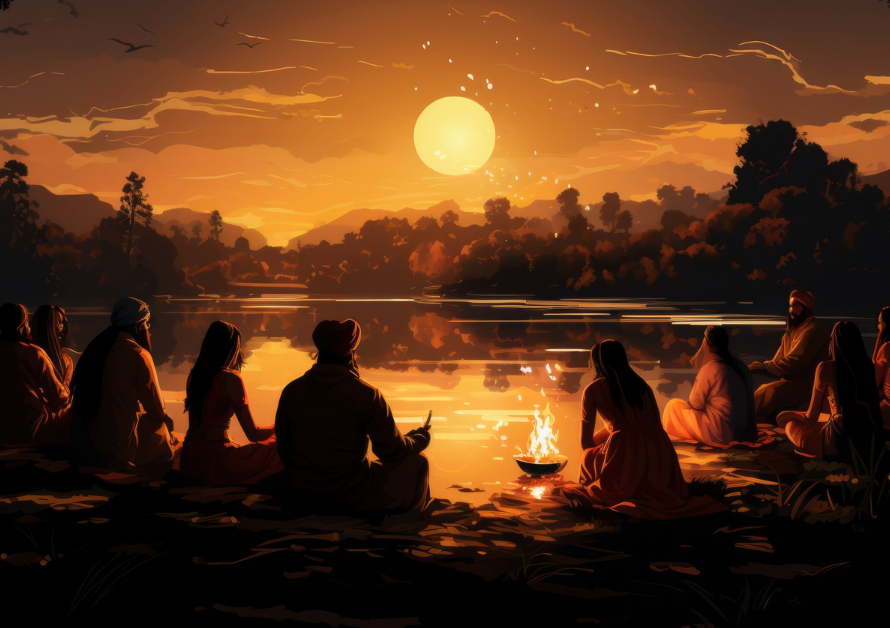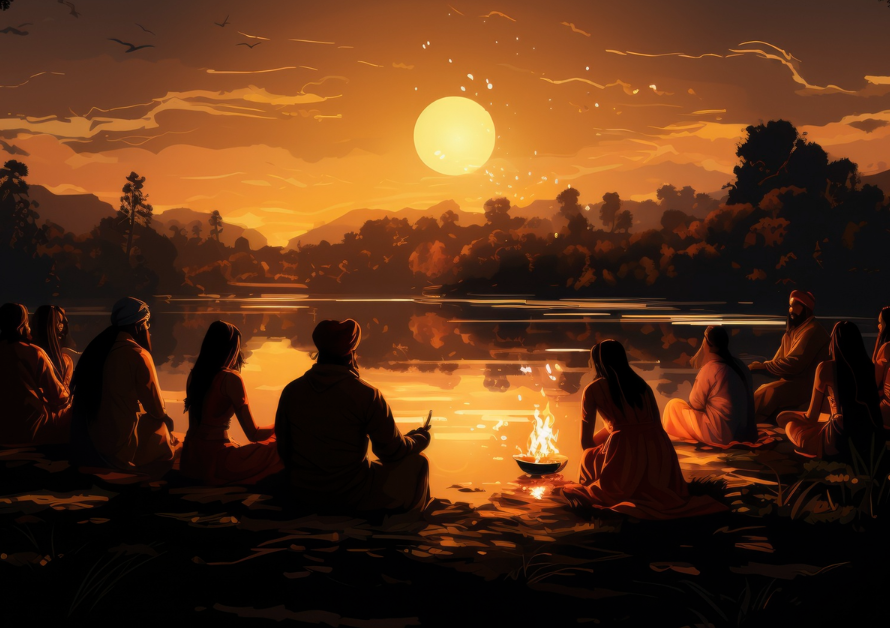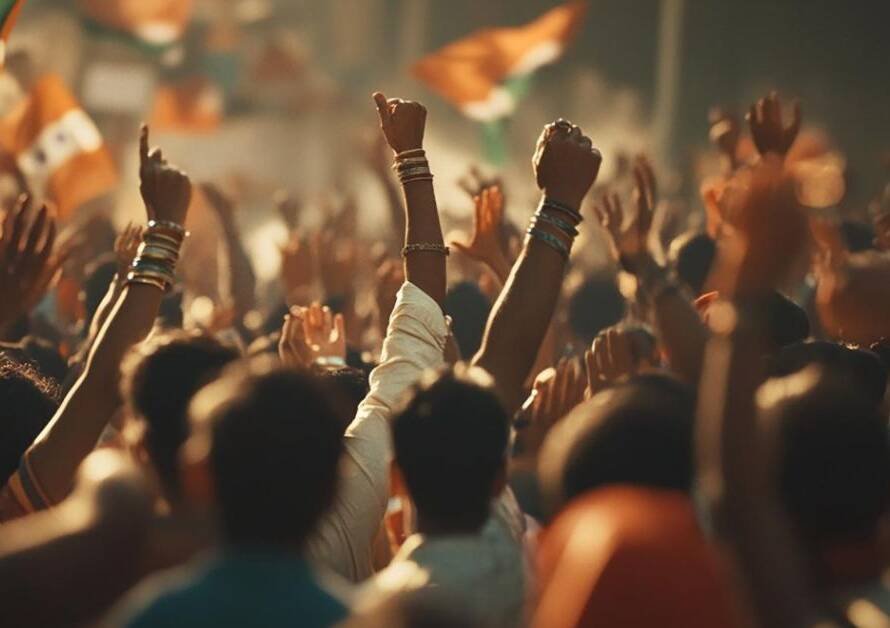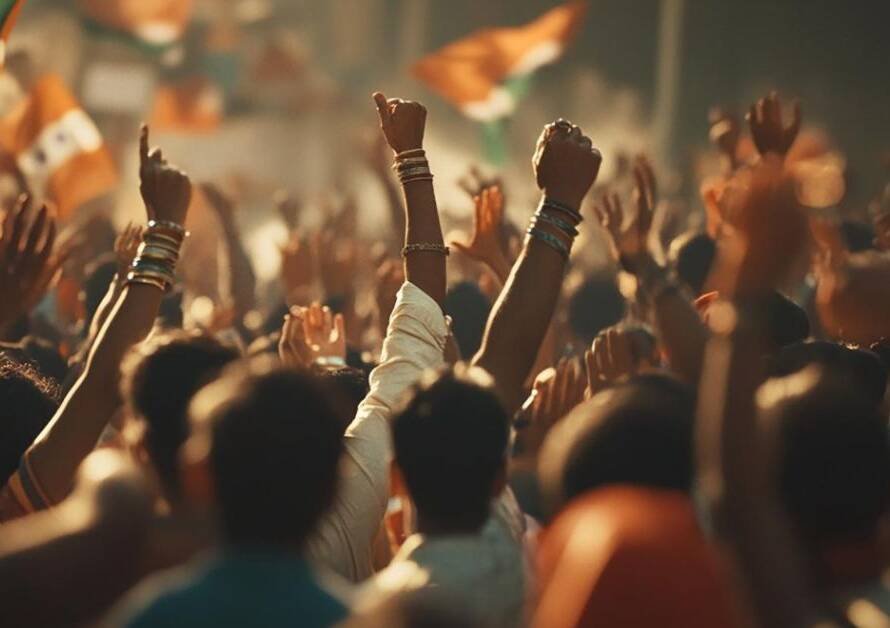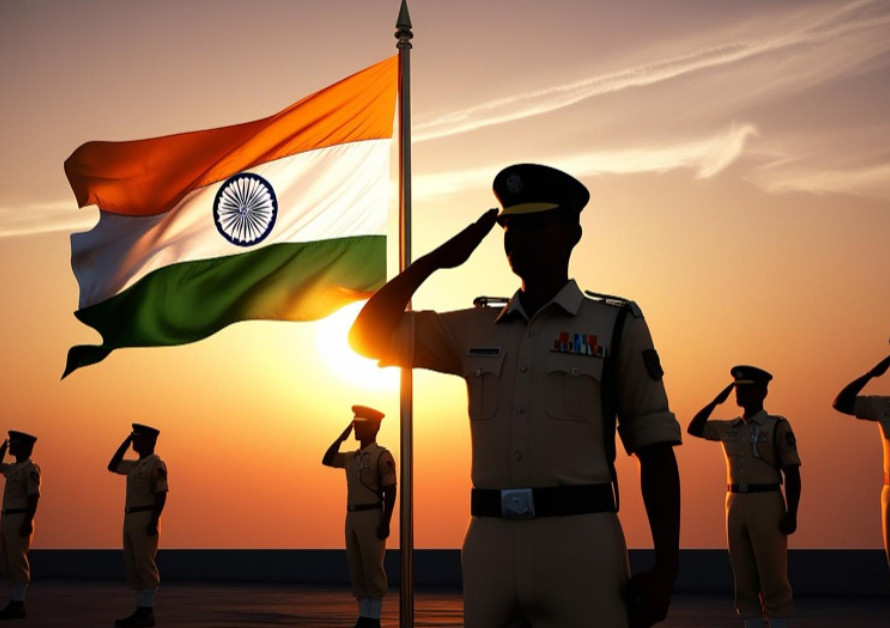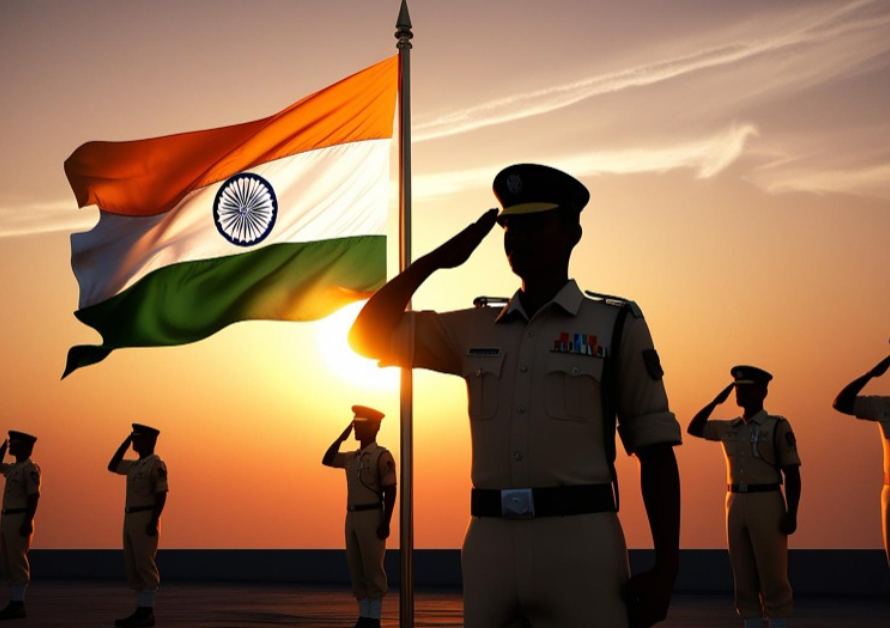Mahatma Gandhi, the Father of the Nation, was a significant figure in India’s struggle for independence. His philosophy of non-violence and satyagraha inspired millions of people. However, like any leader, his decisions have been both praised and criticized. When evaluating his decisions, it is essential to understand the historical context, their immediate impact, and long-term consequences.
- Gandhiji’s Non-Violence and Satyagraha
Positive Impact:
Global Influence: Gandhiji’s policy of non-violence became a source of inspiration for civil rights movements worldwide, including those led by Martin Luther King Jr. and Nelson Mandela.
Mass Engagement: His strategies united people from all social classes, transcending caste, religion, and regional differences.
Moral Superiority: Through peaceful methods, he exposed the cruelty of British rule, garnering global sympathy for India.
Criticism:
Limited Impact on Violence: Critics argue that non-violence could not effectively counter the violence of the British army, communal riots, and extremist factions.
Excessive Idealism: Some believed his philosophy was impractical in all situations, particularly against armed colonial rulers.
2. Non-Cooperation Movement (1920–22) Positive Impact:
Unity of Indians: This movement was the first to galvanize Indians to boycott British institutions on a large scale, symbolizing unity against colonialism.
Economic Boycott: By boycotting British goods and services, the movement weakened colonial economic interests.
Criticism:
Sudden End of the Movement: After the Chauri Chaura incident (1922), Gandhiji abruptly ended the movement, halting its momentum and leaving many people disappointed.
3. Salt March and Civil Disobedience Movement (1930) Positive Impact:
Symbolic Victory: The Salt March became a global symbol of resistance against oppression.
Mass Participation: The movement involved ordinary people, making the freedom struggle more inclusive.
Criticism:
Limited Immediate Gains: The British response was harsh, and the movement did not achieve its immediate political goals.
Focus on Symbolism: Critics argue that focusing on symbolic acts like the Salt Law neglected more critical issues such as industrialization and education.
4. Role in Partition of India (1947) Positive Impact:
Efforts to Prevent Partition: Gandhiji continuously opposed partition and worked tirelessly to maintain communal harmony.
Sacrifices for Peace: His travels and fasts in riot-affected areas during partition saved countless lives.
Criticism:
Concessions to Jinnah: Some critics argue that the concessions made to the Muslim League and support for separate electorates strengthened communal division.
Failure to Prevent Partition: Despite his efforts, India was partitioned, leading to large-scale displacement, communal violence, and deep suffering.
5. Opposition to Industrialization and Economic Philosophy Positive Impact:
Focus on Rural Economy: Gandhiji’s emphasis on self-reliance, khadi, and rural industries aimed at empowering rural India.
Sustainability: His model was environmentally sustainable, based on minimal exploitation of resources.
Criticism:
Outdated View: Critics argue that opposition to industrialization hindered India’s modernization and economic progress.
Incompatibility with Modern Context: With global industrialization, his economic philosophy appeared disconnected from contemporary global realities.
6. Role During World War II Positive Impact:
Opposition to the Cripps Mission: Gandhiji’s refusal to support British efforts without a promise of Indian independence kept the nationalist agenda alive.
Quit India Movement (1942): His “Do or Die” call continued to inspire Indians, making independence inevitable.
Criticism:
Timing Questioned: Critics argue that launching a mass movement during the war diverted British resources but also led to repression and retaliation.
7. Stand on Communalism Positive Impact:
Message of Unity: Gandhiji consistently promoted Hindu-Muslim unity and rejected communal politics.
Humanitarian Fasts: His fasts during riots symbolized his commitment to peace and communal harmony.
Criticism:
Allegations of Bias: Many Hindus felt that Gandhiji was too lenient towards Muslims, at times contradicting Hindu interests (such as his support for the Khilafat Movement).
Failure to Solve Communal Tensions: Despite his efforts, communalism escalated, ultimately leading to partition.
A Visionary Leader with Human Weaknesses
Gandhiji’s decisions were based on his moral principles, not political opportunism. While this earned him respect, it also exposed him to criticism, particularly in practical contexts. His efforts laid the foundation for India’s independence and democratic values, but his idealism sometimes clashed with the harsh realities of politics and human behavior.
For the youth, Gandhiji’s life is a reminder of the power of conviction, courage, and compassion. However, critically evaluating his strategies and applying his lessons to address modern India’s complexities is also crucial. Reflecting on his legacy, we must preserve his principles of non-violence and truth, while also adopting practicality to face contemporary challenges.
Jai Bharat! Jai HInd
For more blogs please visit www.saveindia108.in To join our WhatsApp group please click on this link: https://chat.whatsapp.com/HxGZvlycYPlFvBO17O3eGW


